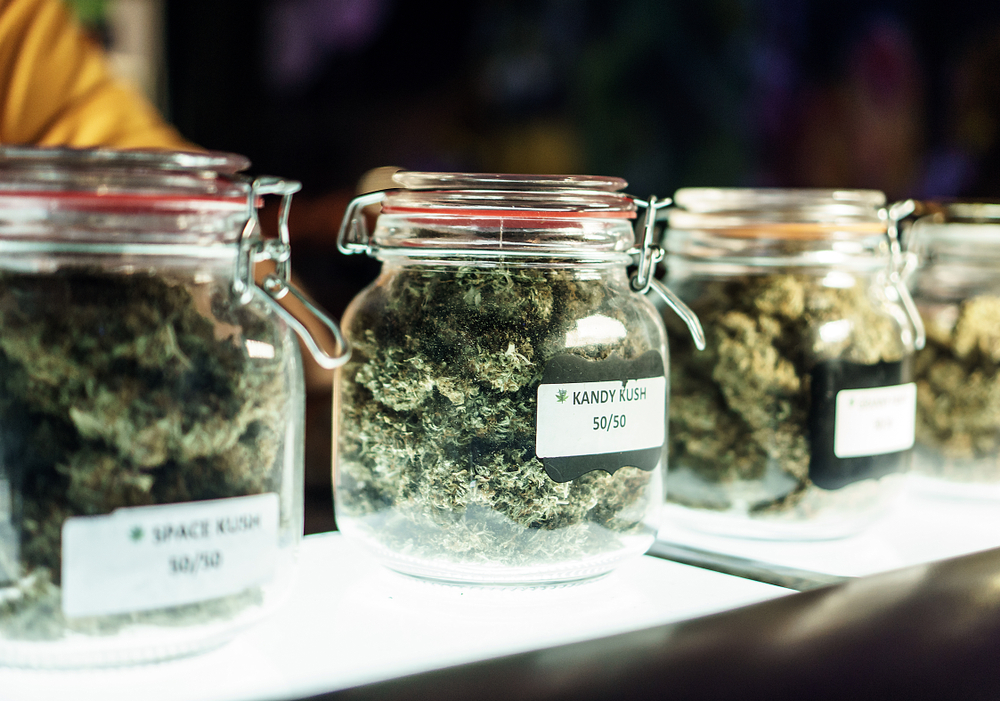The legalization of cannabis growing and subsequent selling of cannabis products has led to an influx in small business opportunities throughout the state of California. And local economies are feeling the overwhelming positive impact. When a dispensary opens in a community, such as Canyon Lake, there are multiple benefits. In this article, we’ll examine four specific areas of impact that a marijuana dispensary has on the local community. Let’s get started.
Four Areas of Impact to the Local Economy When a Dispensary Opens
Economic Development
A major driving force to permit regulated, legalized cannabis industry is the potential for local area economic growth. Revenue earned from cannabis licensing fees and/or taxes at the local level can help offset the cost of administration and law enforcement. There is also research that shows that cannabis legalization has a neutral to favorable impact on tourism in the states that have legalized the commercial sale of cannabis.
Further impacting the local economy, studies have shown that marijuana legalization in states and cities with dispensaries have seen a rise in home values. On average, in 2017, property values rose more than $17,000 in cities that have dispensaries. This suggests that marijuana legalization boosts jobs and economic growth, leading to an improved quality of life for the local municipality in which the dispensary is located.

Public Health
From a public health perspective, the debate around cannabis legalization is a little more grey. There is information available that shows adult use of cannabis and the health implications associated therein are often informed by a blend of evidence and personal experience. Often times, adult cannabis use and its health impacts is contrasted with the dangers of other substances such as alcohol, tobacco, or opioids. The good news for local communities is that all laws that apply to what one cannot do while under the influence, including cannabis, still apply.
There are concerns that legalization of marijuana will lead to an increase in use among the youth in the community. However, the first two states with full cannabis legalization, Colorado and Washington, showed minimal changes in the number of youth who use or abuse marijuana after legalization. Graduation rates remained relatively the same as did youth involved vehicle accidents, indication that marijuana legalization did not have a detrimental, or rise, in use among youths.
Public Safety
Similar to public health concerns, public safety concerns stem from conflicting information. While local area residents may be concerned about potential issues related to a local dispensary, unauthorized cannabis buying and selling pose a much larger public safety and security threat. When there is not access to safe, legal, commercialized marijuana, there tends to be an increase in illegal activity, including but not limited to: gun violence, teen/youth criminal activity, gang activity, and more. Licensing and land use contracts, including requirements for lighting, security, and employee background checks, combined with a positive relationship with local law enforcement and industry operators, all help to increase the adoption of best practices for which to keep the community safe.
Reduced Opioid Consumption
It is no secret that across the country, millions are suffering from opioid addiction. Many of those with opioid addictions are at risk of overdose and death. The opioid epidemic in the United States has only increased the need for alternative treatments, such as legalized medical and commercial sales of cannabis. One study found that communities that open a legal weed dispensary have seen a reduction in mortality rates due to opioid use. States and cities that provide legal access to marijuana reduce deaths due to opioid overdoses. Combine this information with the increase in the use of deadly fentanyl in illicit use of opioids, it becomes clear that access to alternative pain medication treatment, such as medical or commercial marijuana, is one of the answers to solving the opioid crisis and reducing addiction and mortality rates.
Cannabis Connection: Canyon Lake, California Marijuana Dispensary
Cannabis Connection is the first legalized commercial marijuana dispensary in Canyon Lake, California. Members of the Canyon Lake community are encouraged to fill out the survey on providing a dispensary permit to allow Cannabis Connection to begin operation. You can find the Canyon Lake Dispensary Survey by clicking here. If you have any questions about Cannabis Connection and want to learn more about our mission to provide the best commercial marijuana to the Canyon Lake community, contact us and we’ll be in touch as soon as possible.
